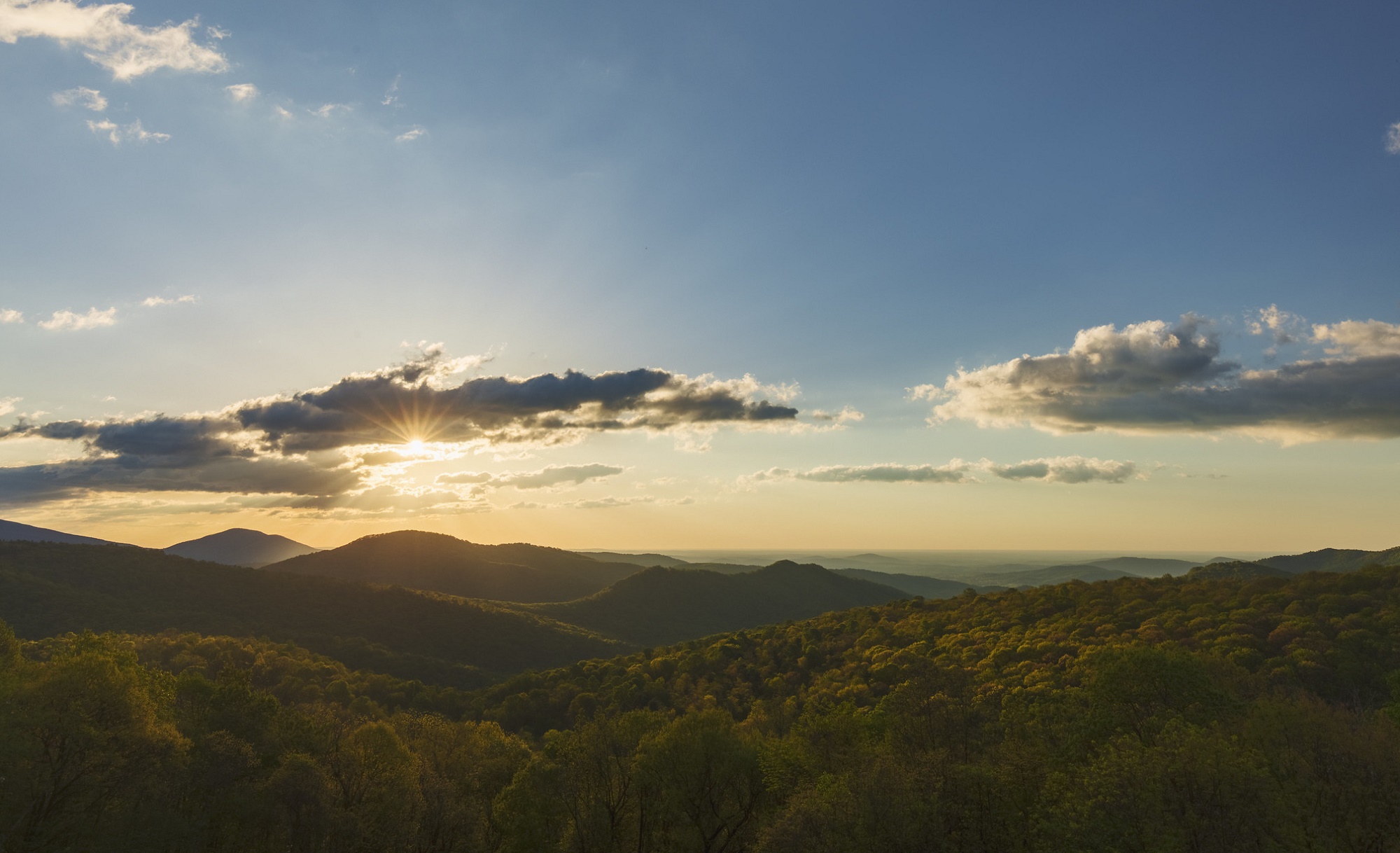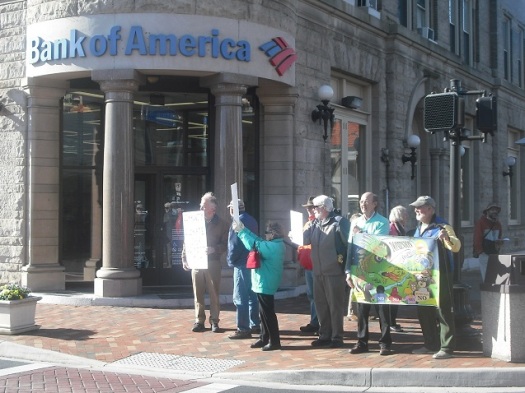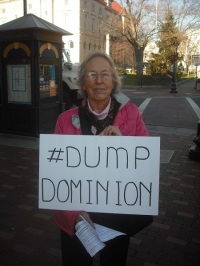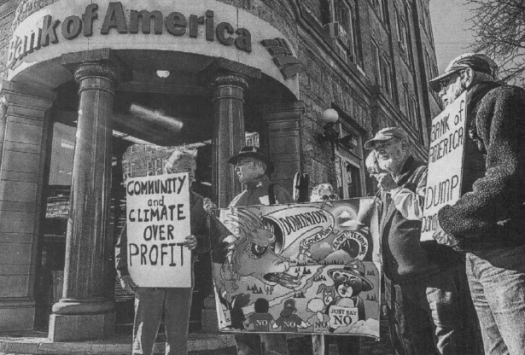This week’s roundup of climate news is below. Please pass it on to those you think might be interested. If they wish to subscribe directly have them send an email to contactcaav [at] gmail.com.
- Another essay was posted to the Washington Post “In Theory” series on climate change after I mailed last week’s roundup. It is by Stephen Gardiner and is entitled “Why climate change is an ethical problem.” It is one of the clearest essays I have read on the difficulties of dealing with climate change as an ethical problem.
- Yale Climate Connections has compiled a list of 2015’s most significant scientific papers concerning climate science. While the material is not technical, it is of most interest to those who like to follow climate science. They have also compiled a list of new climate related books you may find of interest.
- Equilibrium climate sensitivity (ECS) is defined as the amount Earth would ultimately warm as a result of doubling the CO2 concentration in the atmosphere. It is important as an indicator of the possible impacts of CO2 emissions. At the time of publication of? the IPCC 4th assessment report in 2007 there were two techniques for estimating ECS and they gave estimates between 2 and 4.5 degrees C, with a most likely value of 3 degrees C. Between 2007 and the publication of the 5th IPCC assessment report in 2013/14 another estimation technique was developed and it gave significantly lower ECS values, causing the IPCC to?the lower limit of possible ECS values. Now a study has found that the new assessment technique contains a flaw that causes it to underestimate ECS.
- The Japan Meteorological Agency and the independent group Berkeley Earth have both declared 2015 as the hottest year on record. NASA, NOAA, and other governmental agencies are expected to do the same next week.
- A major type is electric power generation that does not emit CO2 is hydroelectric generation. While most suitable hydroelectric sites have been exploited in the developed world, this is not the case in the developing world. Consequently, many countries in Asia and Africa are planning new hydroelectric dams. Unfortunately, dams are not without consequences. For example, a team of 39 aquatic ecologists, writing in the journal Science, has warned that if dozens of hydroelectric dams are constructed in the Amazon, Congo, and Mekong river basins the consequences could be devastating for freshwater biodiversity, putting one-third of the world’s freshwater fish at risk. One example is the potential impact on the aquatic productivity in Tonle Sap, southeast Asia’s largest lake.
- Arch Coal, the U.S.’s second largest coal company, has filed for Chapter 11 bankruptcy. As a consequence, coal mining companies accounting for more than 25% of U.S. coal production are currently in bankruptcy. Also, on Monday, shares of Peabody Energy Corp, the leading U.S. coal producer, hit a record low. In 2015 coal production hit its lowest level since 1986. On a related note, China’s coal imports fell by 30% last year.
- Currently, aircraft contribute about 2% of global CO2 emissions and the amount is expected to grow as the number of people flying increases in the future. In an effort to curb increases in CO2 emissions, NASA’s Armstrong Flight Research Center is investigating a number of ways in which the fuel efficiency of airplanes can be increased.
- One way in which CO2 is removed from the atmosphere is by the growth of phytoplankton (very small photosynthetic organisms) that take up CO2 in the ocean, grow, and then die and fall to the ocean floor. In the Southern Ocean around Antarctica, the growth of phytoplankton is limited by the amount of iron available in the water, which is very small. Scientists have now found that as giant icebergs (larger than 10 miles on a side) travel away from Antarctica they release iron that had been incorporated into them as the glaciers from which they came scoured the rock over which they traveled. This fertilizes the ocean, stimulating the growth of phytoplankton and helping with the removal of CO2 from the atmosphere. More research will be needed to show just how important this is.
- New York, Connecticut, Rhode Island, Delaware, Vermont, and Washington, DC are entering into discussions of how they might use market-based approaches to reduce CO2 emissions from the transportation sector.
- Do you or someone you know want to use more energy-efficient light bulbs, but just don’t like the nature of the light from CFLs and LEDs? Well, researchers at MIT may be on the way to providing an incandescent light bulb with an energy efficiency exceeding that of any other technologies available today.
- Murres, common Alaskan seabirds, have been dying in large numbers from starvation. The cause is thought to be loss of forage fish due to warming waters caused either by climate change or El Nino. Unfortunately, these are not the only die-offs that have been observed around the globe recently, all of which may be related to a changing environment. In addition, a recent study has predicted that by mid-century salmon and herring, the fish species relied upon by Canada’s First Nations people, will have moved so far north that they will no longer be a reliable food source.
- Most of the growth in solar electricity installations has been driven by renewable portfolio standards (RPSs), of which Virginia has only a weak, voluntary one. Now, a new study has found that the benefits from strong RPSs are seven times greater than the costs associated with them. In addition, in 2015 the solar industry added jobs 12 times faster than the rest of the economy and now employs more people than the coal industry. Similar changes are being seen on a global scale where total investments in clean energy technology (solar plus wind) amounted to $329 billion in spite of falling prices for oil, gas, and coal. Unfortunately, the total amount of renewable energy in place in the U.S. is still so small that it is having only a minor effect on our CO2 emissions. Furthermore, traditional electricity providers are fighting rooftop solar with additional fees, which has a big negative impact on the industry.
- For the first time in the eleven years that the World Economic Forum has been conducting its survey of economists, a catastrophe caused by climate change ranks as the biggest potential threat to the global economy in 2016.
- A new report by the World Resources Institute finds that putting a price on carbon (either through a carbon tax or a cap and trade system) will have a bigger effect on CO2 emissions than that suggested by computer models run by the U.S. Energy Information Administration.
- The National Hurricane Center announced on Thursday that subtropical storm Alex had been upgraded to a category I hurricane with sustained winds of 85 mph. This is the first time since 1938 that an Atlantic hurricane has formed in January and only the third time since hurricane record keeping began. It was downgraded to a tropical storm 24 hours later.
These news items have been compiled by Les Grady, member and former chair of the CAAV steering committee. He is a licensed professional engineer (retired) who taught environmental engineering at Purdue and Clemson Universities and engaged in private practice with CH2M Hill, the world’s largest environmental engineering consulting firm. Since his retirement in 2003 he has devoted much of his time to the study of climate science and the question of global warming and makes himself available to speak to groups about this subject. More here.



 The group delivered
The group delivered 
